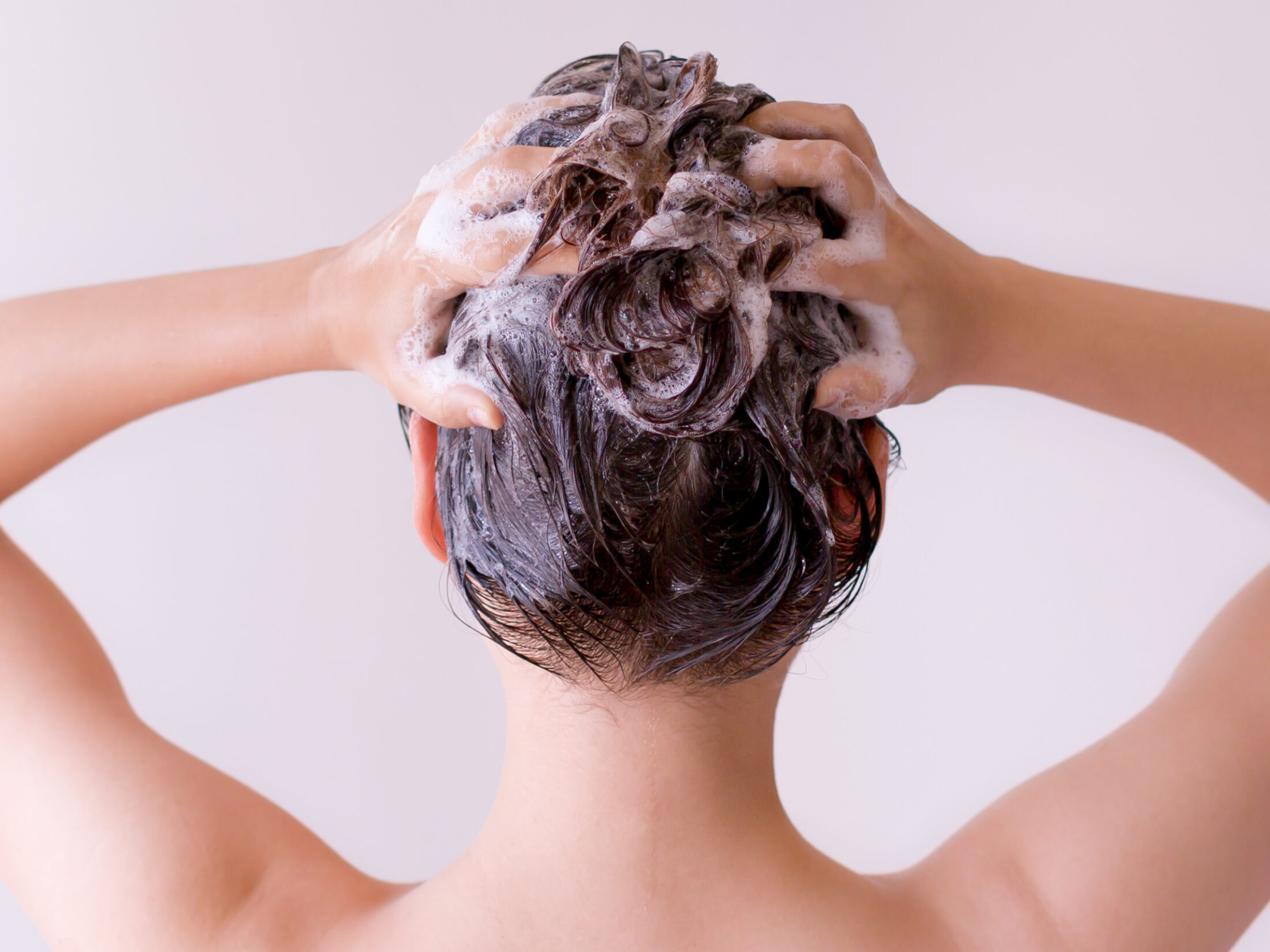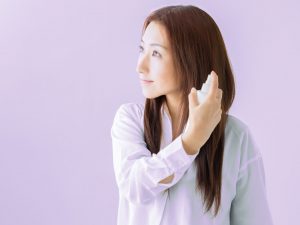

woman washing her hair


Oily hair can be a major beauty concern for many people, leading to the belief in various myths that have been circulating for years. These myths can often be misleading, causing people to believe in incorrect information and causing more harm than good to their natural hair. In this blog, we will be busting some of the most common oily hair myths, giving you the correct information so that you can take proper care of your hair and avoid any further damage.
This is a common myth that has been around for ages. Many people believe that washing your hair too often can cause your natural hair to become oily. However, this is not true. In fact, if you have oily hair, it is important to wash your hair regularly. This is because the oil that is produced by your scalp can build up and cause your hair to become greasy and oily. Therefore, washing your hair regularly with a natural shampoo can help to remove excess oil and keep your hair clean.
Another common myth is that brushing your hair too much can make your hair oily. However, this is not true. Brushing your hair regularly can help to distribute the natural oils produced by your scalp evenly throughout your hair. This can actually help to reduce the amount of oil that builds up on your scalp, keeping your natural hair healthy and shiny.
Many people believe that using conditioner can make their hair oily. However, this is not true. In fact, using conditioner can actually help to keep your hair healthy and moisturized. When you use a conditioner, it helps to seal the cuticle of your hair, which can prevent moisture loss and help to keep your hair healthy. However, it is important to choose the right conditioner for your hair type. If you have oily hair, it is best to use a lightweight conditioner that is specifically designed for oily hair.
Dry shampoo has become a popular product for people with oily hair, as it can help to absorb excess oil and make hair look fresher. However, many people believe that using dry shampoo can reduce oil production on the scalp. This is not true. Dry shampoo only absorbs the excess oil on the hair strands and does not have any effect on the oil production on the scalp. Therefore, it is important to use dry shampoo as a temporary solution and not as a substitute for regular hair washing.
While a healthy diet can help to promote healthy hair, oily hair is not necessarily caused by a poor diet. Oily hair is caused by the overproduction of sebum, which is produced by the sebaceous glands in the scalp. These glands are controlled by hormones, and the amount of oil produced can vary from person to person. Therefore, oily hair is not always a sign of an unhealthy diet.
Many people believe that using hot water to wash their hair can strip the natural oils from the scalp, leading to dry and brittle hair. However, this is not entirely true. While hot water can cause the hair cuticle to open up and release some of the natural oils, it is not enough to completely strip the scalp of its natural oils. It is important to find a balance between using hot water to cleanse the hair and keeping the hair and scalp moisturized.
One of the most common myths about oily hair is that it can be cured by not washing your hair at all. However, this is not true. In fact, not washing your hair can actually make oily hair worse. When you don’t wash your hair regularly, the oil that is produced by your scalp can build up, making your hair look greasy and dirty. It is important to wash your hair regularly to remove the excess oil and keep your hair clean and healthy.
Many people believe that using harsh shampoos can help to reduce oil production on the scalp. However, this is not true. Harsh shampoos can actually strip the scalp of its natural oils, causing it to produce even more oil to compensate. It is important to use a natural shampoo that is specifically designed for oily hair, as this can help to remove excess oil without stripping the scalp of its natural oils.
This is a common misconception that is not true. Oily hair is not a sign of poor hygiene. Oily hair is caused by the overproduction of sebum, which is produced by the sebaceous glands in the scalp. These glands are controlled by hormones, and the amount of oil produced can vary from person to person. Therefore, oily hair is not always a sign of poor hygiene.
Many people believe that cutting their hair short can help to reduce oil production on the scalp. However, this is not true. The length of your hair has no effect on the amount of oil that is produced by your scalp. Oily hair is caused by the overproduction of sebum, which is produced by the sebaceous glands in the scalp. These glands are controlled by hormones, and the amount of oil produced can vary from person to person.
There are many myths surrounding oily hair, and it is important to understand the facts so that you can take proper care of your hair. Oily hair is caused by the overproduction of sebum, which is produced by the sebaceous glands in the scalp. It is important to wash your hair regularly with a gentle shampoo that is specifically designed for oily hair.
Brushing your hair regularly can help to distribute the natural oils produced by your scalp evenly throughout your hair. Using conditioner can help to keep your hair healthy and moisturized, and using dry shampoo should only be a temporary solution. It is also important to find a balance between using hot water to cleanse the hair and keeping the hair and scalp moisturized. By understanding the facts and avoiding the myths, you can take proper care of your oily hair and keep it healthy and shiny.
Sustainable Shades For many DIY enthusiasts and design aficionados, a fresh coat of paint is…
Cruelty-Free Solutions for a Healthier You Chronic inflammation can be a relentless foe, disrupting our…
Unleashing Your Brain's Potential In today's fast-paced world, maintaining sharp mental focus and cognitive agility…
Exploring DIY Organic Makeup Fixers For the eco-conscious beauty enthusiast, the quest for flawless makeup…
A Sensitive Exploration The clean beauty movement has taken the beauty world by storm. Consumers…
Taming the Mane Frizz – the bane of smooth hair dreams. It can transform a…
This website uses cookies.